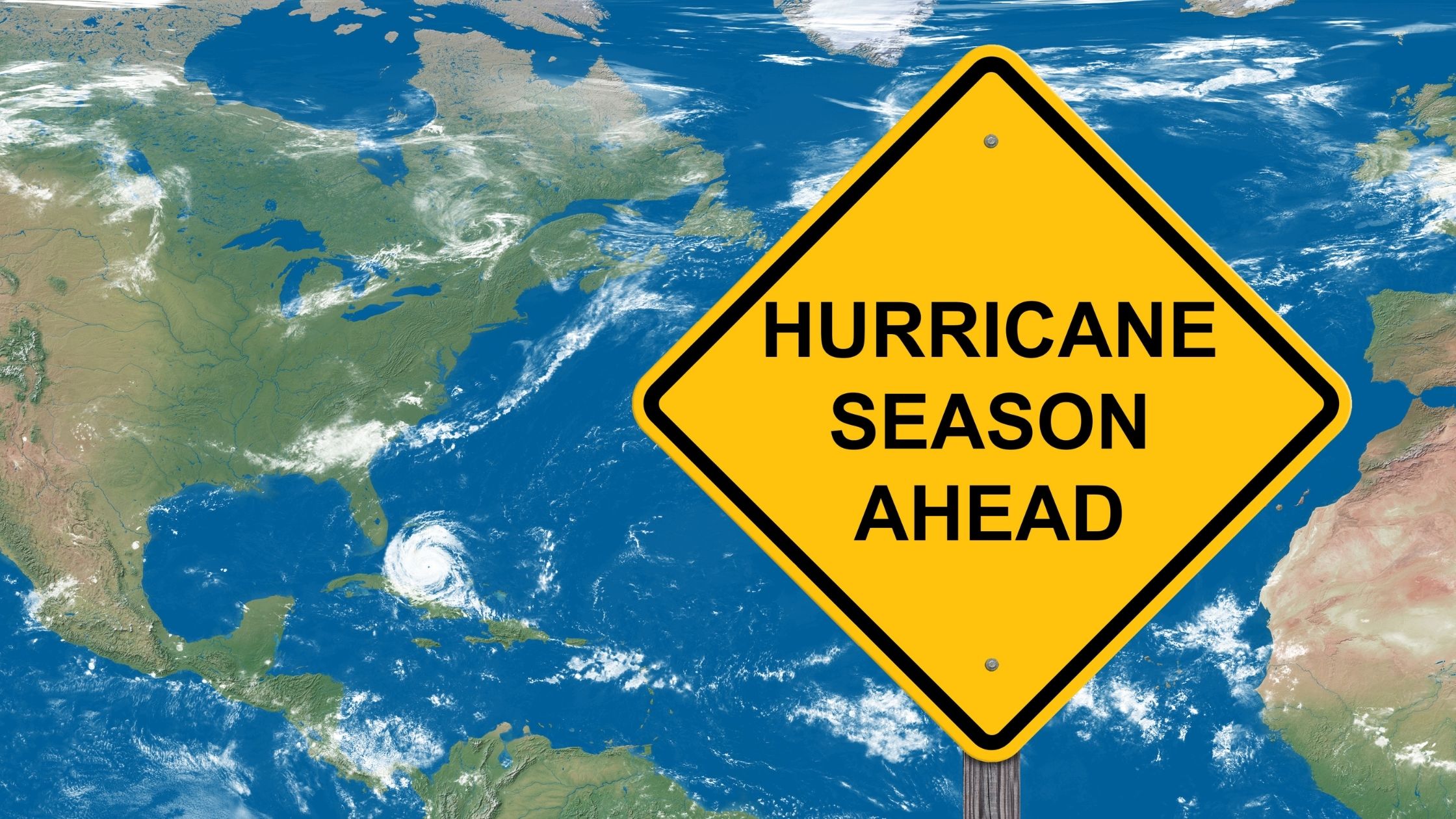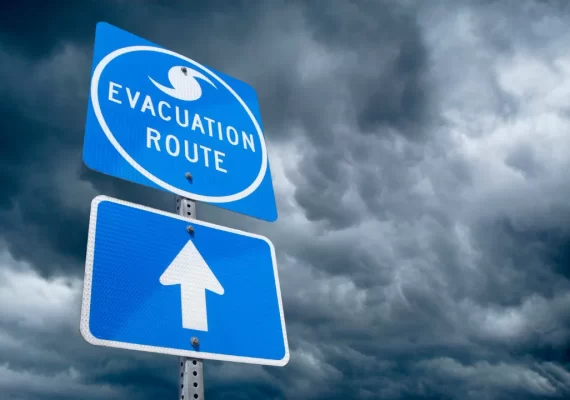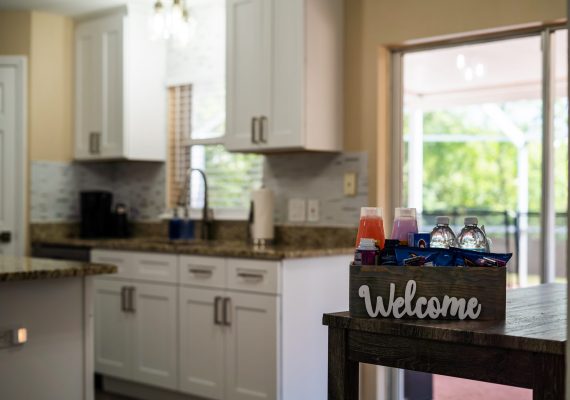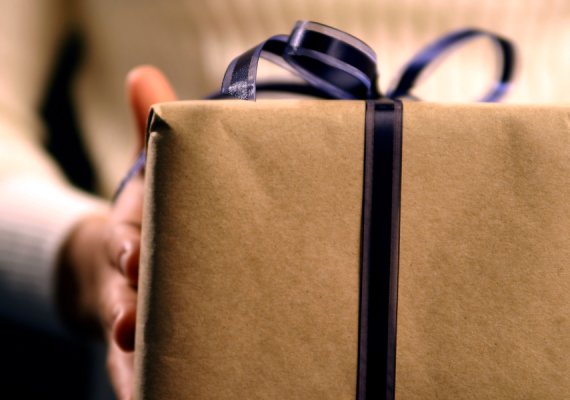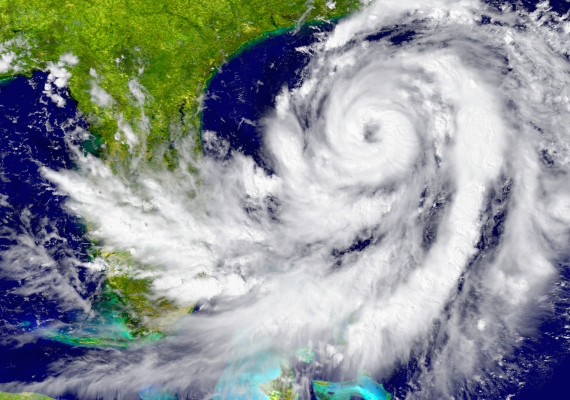The 2021 Atlantic hurricane season is from June 1 to November 30, and it’s important that your household is prepared to weather any storm. Kong Management Group is here to help you plan for safety, before, during, and after a hurricane. We have compiled the following list of tips from Ready.gov (https://www.ready.gov/hurricanes) to help you prepare.
Keep in mind, you may need to adjust any preparedness actions based on the latest health and safety guidelines from the Centers for Disease Control and Prevention (CDC) and local officials.
Prepare NOW
- Know your area’s risk of hurricanes.
- Sign up for emergency alerts at https://www.ready.gov/alerts.
- Sign up for your community’s warning system. Here’s a resource to help you connect with your city or county: https://apps.floridadisaster.org/alertflorida/
- Gather needed supplies for seven days, including shelf-stable food and water, medications, a flashlight, batteries, cash, and first aid supplies. Don’t forget the needs of pets! Also, be aware that some supplies are limited, and shipping times delayed, so getting supplies might take extra time.
- If you are at risk for flash flooding, watch for warning signs such as heavy rain.
- Practice going to a safe shelter for high winds. The next best protection is a small, interior, windowless room in a sturdy building on the lowest level that is not subject to flooding.
- Based on your location and community plans, make your own plans for evacuation or sheltering in place. Please note that, if you or anyone in your household is an individual with a disability, you may need additional help during an emergency.
- Be aware of updated plans and CDC guidelines for emergency group shelters due to COVID-19.
- Make a “go kit” for sheltering that includes medications, disinfectant supplies like hand sanitizer or wipes, soap, and two face coverings per person. Here’s a comprehensive guide to help you build your kit: https://www.ready.gov/kit
- Become familiar with your evacuation zone, the evacuation route, and shelter locations. You can find your zone and maps at https://www.floridadisaster.org/knowyourzone.
- Keep important documents in a safe place or create password-protected digital copies.
- Protect your property. Declutter drains and gutters. Install check valves in plumbing to prevent backups. Consider hurricane shutters. Review insurance policies.
When a hurricane is 36 hours from arriving
- Turn on your TV or radio in order to get the latest weather updates and emergency instructions.
- Restock your emergency preparedness kit.
- Plan how to communicate with family members if you lose power. For example, you can call, text, email or use social media. Remember that during disasters, sending text messages is usually reliable and faster than making phone calls because phone lines are often overloaded.
- Review your evacuation zone, evacuation route and shelter locations. Plan with your family. You may have to leave quickly so plan ahead.
- Keep your car in good working condition and keep the gas tank full. Stock your vehicle with emergency supplies and a change of clothes.
When a hurricane is 18-36 hours from arriving
- Bookmark your city or county website for quick access to storm updates and emergency instructions.
- Bring loose, lightweight objects inside that could become projectiles in high winds (e.g., patio furniture, garbage cans); anchor objects that would be unsafe to bring inside (e.g., propane tanks); and trim or remove trees close enough to fall on the building.
- Cover all of your home’s windows. Permanent storm shutters offer the best protection for windows. A second option is to board up windows with 5/8” exterior grade or marine plywood, cut to fit and ready to install.
When a hurricane is 6-18 hours from arriving
- Turn on your TV/radio or check your city/county website every 30 minutes in order to get the latest weather updates and emergency instructions.
- Charge your cell phone now so you will have a full battery in case you lose power.
When a hurricane is 6 hours from arriving
- If you’re not in an area that is recommended for evacuation, plan to stay at home or where you are and let friends and family know where you are.
- Close storm shutters if you have them and stay away from windows. Flying glass from broken windows could injure you.
- Turn your refrigerator or freezer to the coldest setting and open only when necessary. If you lose power, food will last longer. Keep a thermometer in the refrigerator to be able to check the food temperature when the power is restored.
- Turn on your TV/radio or check your city/county website every 30 minutes in order to get the latest weather updates and emergency instructions.
Survive DURING
- If told to evacuate, do so immediately. Do not drive around barricades.
- If you go to a public emergency shelter, follow all local orders, and comply with safety requirements.
- If sheltering at home during high winds, go to a small, interior, windowless room or hallway on the lowest floor that is not subject to flooding.
- If trapped in a building by flooding, go to the highest level of the building. Do not climb into a closed attic. You may become trapped by rising flood water.
- Listen for current emergency information and instructions.
- Use a generator or other gasoline-powered machinery outdoors ONLY and away from windows.
- Do not walk, swim, or drive through flood waters. Just six inches of fast-moving water can knock you down, and one foot of moving water can sweep your vehicle away.
- Stay off of bridges over fast-moving water.
Be Safe AFTER
- Listen to authorities for information and special instructions. Continue to follow local orders and CDC guidance for safety.
- Be careful during clean-up. Wear protective clothing and work with someone else.
- Do not touch electrical equipment if it is wet or if you are standing in water. If it is safe to do so, turn off electricity at the main breaker or fuse box to prevent electric shock.
- Avoid wading in flood water, which can contain dangerous debris. Underground or downed power lines can also electrically charge the water.
- If the power or water is out, be prepared that it may take longer than usual for utilities to be restored.
- Save phone calls for emergencies. Phone systems are often down or busy after a disaster. Use text messages or social media to communicate with family and friends.
- Document any property damage with photographs. Contact your insurance company for assistance.
- Due to the pandemic, know that it may be difficult for you to access medical care. If you are ill or injured, contact your doctor immediately for guidance. If you have a pre-existing condition, make sure to continue your prescribed treatment.
If you are a resident at a Kong Management Group property and need assistance, contact us at 866-499-9026 or info@kongmg.com. Our residents are our top priority, and we want you to stay safe in the storm!

